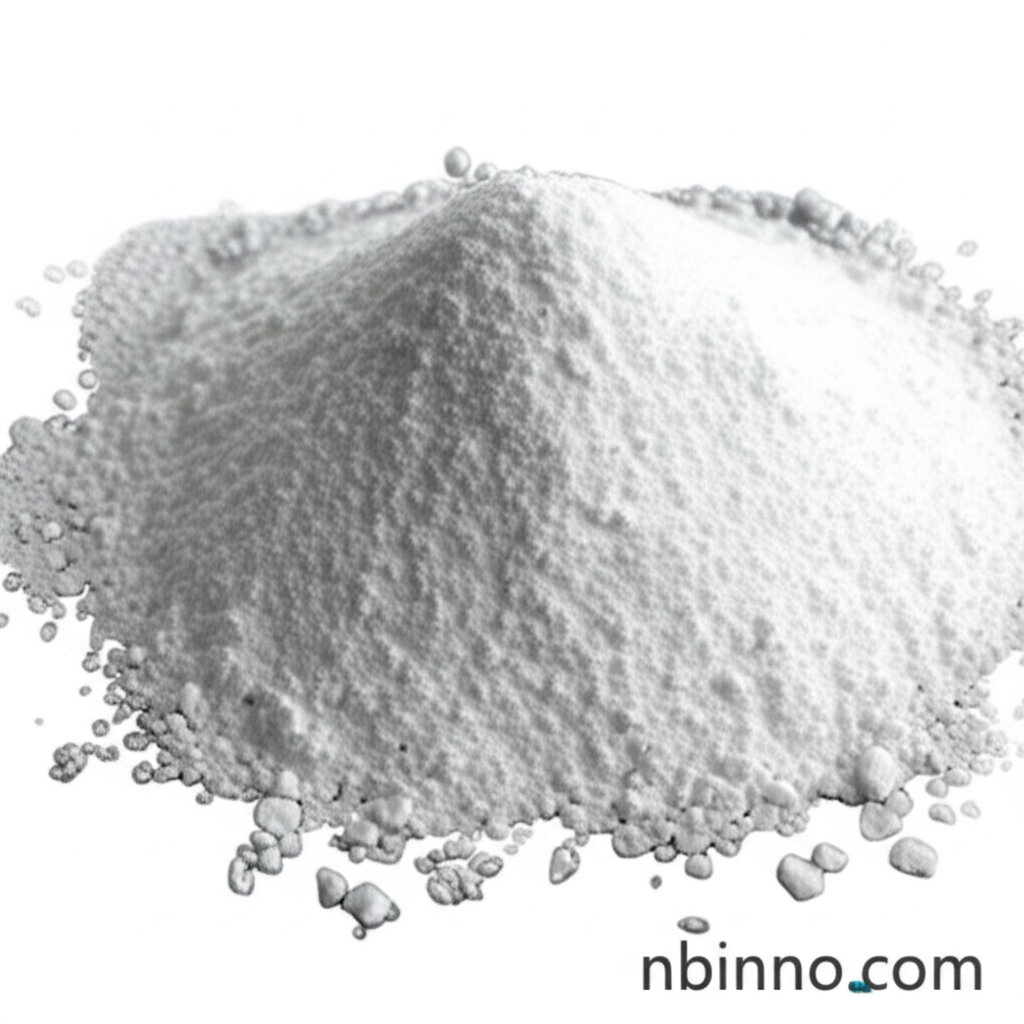Sodium Diethyldithiocarbamate Trihydrate: Properties, Applications, and Benefits
Discover the versatile applications of Sodium Diethyldithiocarbamate Trihydrate, a key chemical in mining and industrial processes.
Get a Quote & SampleProduct Core Value

Sodium Diethyldithiocarbamate Trihydrate
As a trusted supplier in China, we offer Sodium Diethyldithiocarbamate Trihydrate, a highly effective chemical for various industrial applications. Its unique properties make it an invaluable component in demanding processes, ensuring efficiency and optimal results. We are a reliable manufacturer in China committed to quality and performance.
- Explore the use of Sodium Diethyldithiocarbamate Trihydrate as a flotation collector, a critical aspect for efficient sulfide ore processing.
- Understand how this chemical contributes to superior selectivity in polymetallic sulfide flotation, a key advantage in mineral processing.
- Learn about its function as a promoter in the rubber industry, enhancing material properties and performance.
- Discover its role in advanced mining chemicals for improved extraction processes.
Advantages Provided by the Product
Enhanced Flotation Efficiency
Leverage the strong collective power and rapid flotation capabilities of this compound, a vital factor when considering mining chemical flotation collectors.
Superior Selectivity in Ore Processing
Benefit from its excellent selectivity, outperforming traditional reagents in polymetallic sulfide flotation, ensuring higher purity yields.
Versatile Industrial Applications
Utilize its properties as a promoter in the rubber industry, contributing to improved product characteristics and durability.
Key Applications
Mining and Metallurgy
This chemical serves as a crucial flotation collector for sulfide ore, significantly improving the efficiency of mineral extraction processes.
Rubber Industry
It functions as a key promoter, enhancing the properties and performance of rubber products, a common need when seeking industrial rubber additives.
Chemical Synthesis
Its reactive nature makes it valuable in various fine chemical synthesis pathways, serving as a building block or reagent.
Water Treatment
While primarily known for other applications, its metal chelating properties can also be relevant in specific water treatment agents scenarios.
